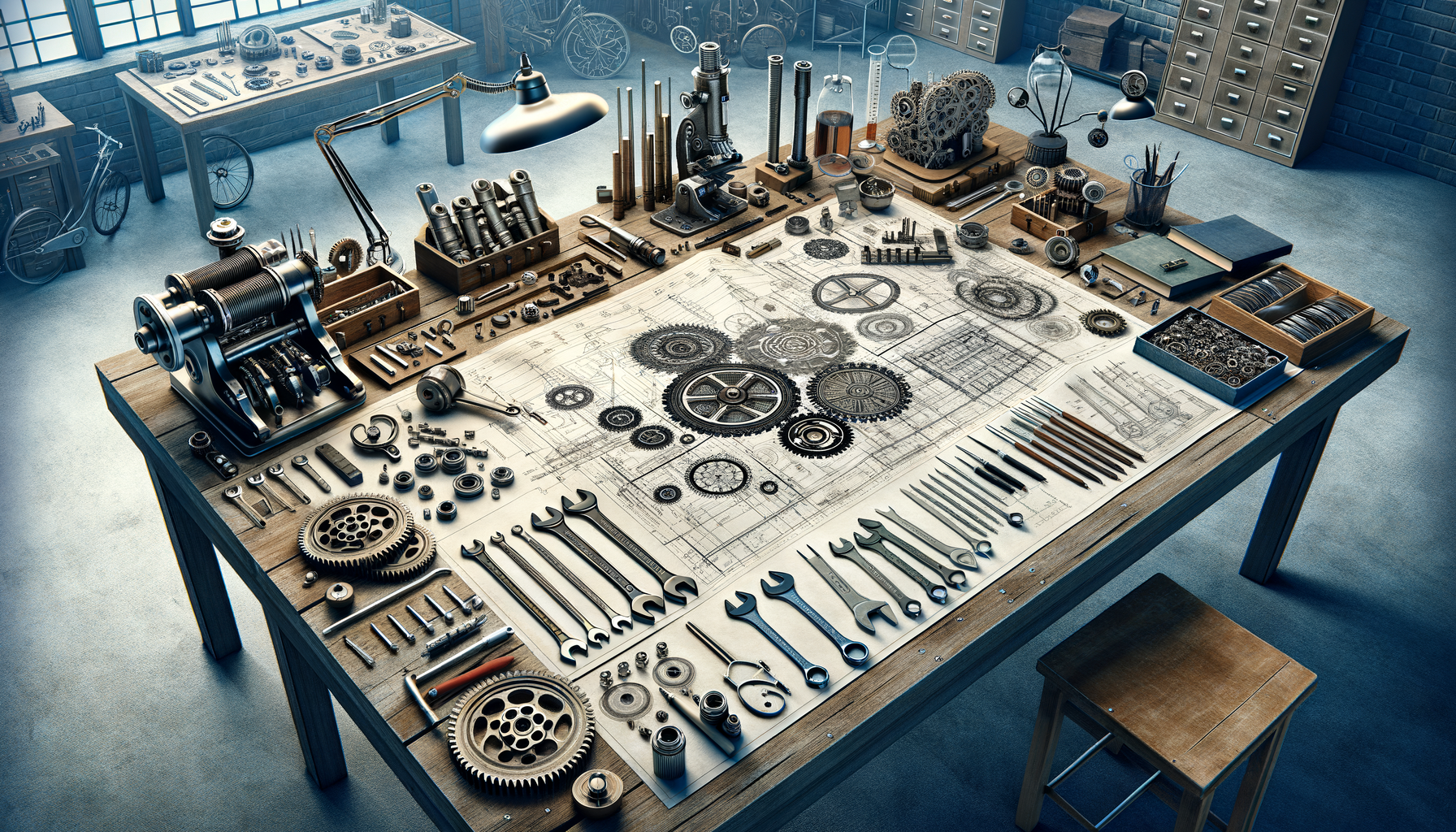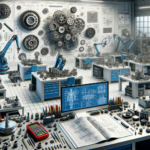Understanding the Basics of Mechanical Engineering in Aviation
Mechanical engineering plays a pivotal role in the aviation industry, serving as the backbone for designing, testing, and maintaining aircraft systems. Understanding the fundamentals of this discipline is crucial for anyone considering a career in this field. In the context of aviation, mechanical engineers are tasked with creating and improving systems that ensure aircraft operate efficiently and safely. This includes everything from the engines and landing gear to the intricate systems that control navigation and communication.
Training in mechanical engineering provides a comprehensive understanding of core concepts such as thermodynamics, fluid dynamics, and materials science. These principles are essential for developing innovative solutions in aircraft design and maintenance. For instance, thermodynamics helps engineers understand how engines convert fuel into energy, while fluid dynamics is crucial for optimizing airflow around aircraft structures. Materials science, on the other hand, guides the selection of materials that can withstand the demanding conditions experienced during flight.
In addition to technical skills, mechanical engineering training emphasizes problem-solving and critical thinking. Engineers must often devise creative solutions to complex challenges, such as improving fuel efficiency or reducing emissions. This creative aspect of engineering makes it an exciting and dynamic career choice, particularly in the ever-evolving field of aviation.
Pathways to Mechanical Engineering Training in Ireland
For those residing in Ireland, pursuing a career in mechanical engineering within the aviation sector is an achievable goal, thanks to the robust educational infrastructure. Several universities and technical institutes offer specialized programs that cater to aspiring engineers. These programs typically combine theoretical coursework with practical experience, ensuring that students are well-prepared for the demands of the industry.
One common pathway is enrolling in a bachelor’s degree program in mechanical engineering, which usually takes four years to complete. These programs cover a wide range of topics, including mechanics, thermodynamics, and materials science, providing a solid foundation for further specialization in aviation. Many institutions also offer cooperative education opportunities, allowing students to gain hands-on experience through internships with aviation companies.
For those who wish to further specialize, postgraduate programs and diplomas are available. These advanced courses often focus on specific areas such as aerodynamics or propulsion systems, providing deeper insights into the aviation industry. Additionally, professional certifications can enhance one’s credentials and improve job prospects. Organizations like Engineers Ireland offer membership and certification programs that recognize professional competence and commitment to the field.
The Future of Mechanical Engineering Careers in Aviation
The aviation industry is poised for significant growth, driven by increasing demand for air travel and advancements in technology. This growth presents numerous opportunities for mechanical engineers, particularly those with specialized training in aviation. As the industry evolves, there is a growing need for engineers who can develop sustainable technologies, such as fuel-efficient aircraft and alternative propulsion systems.
Moreover, the integration of digital technologies into aviation systems is creating new avenues for innovation. Mechanical engineers with expertise in areas like automation and artificial intelligence will be at the forefront of designing smarter, more efficient aircraft. This trend towards digitalization is also reshaping maintenance practices, with predictive analytics becoming a key tool for ensuring aircraft reliability and safety.
In Ireland, the aviation sector is a significant contributor to the economy, and the demand for skilled engineers is expected to rise. With the right training, mechanical engineers can look forward to a rewarding career that not only offers excellent job prospects but also the opportunity to be part of a dynamic and innovative field. As the industry continues to evolve, those equipped with the skills to adapt and innovate will find themselves well-positioned for success.








